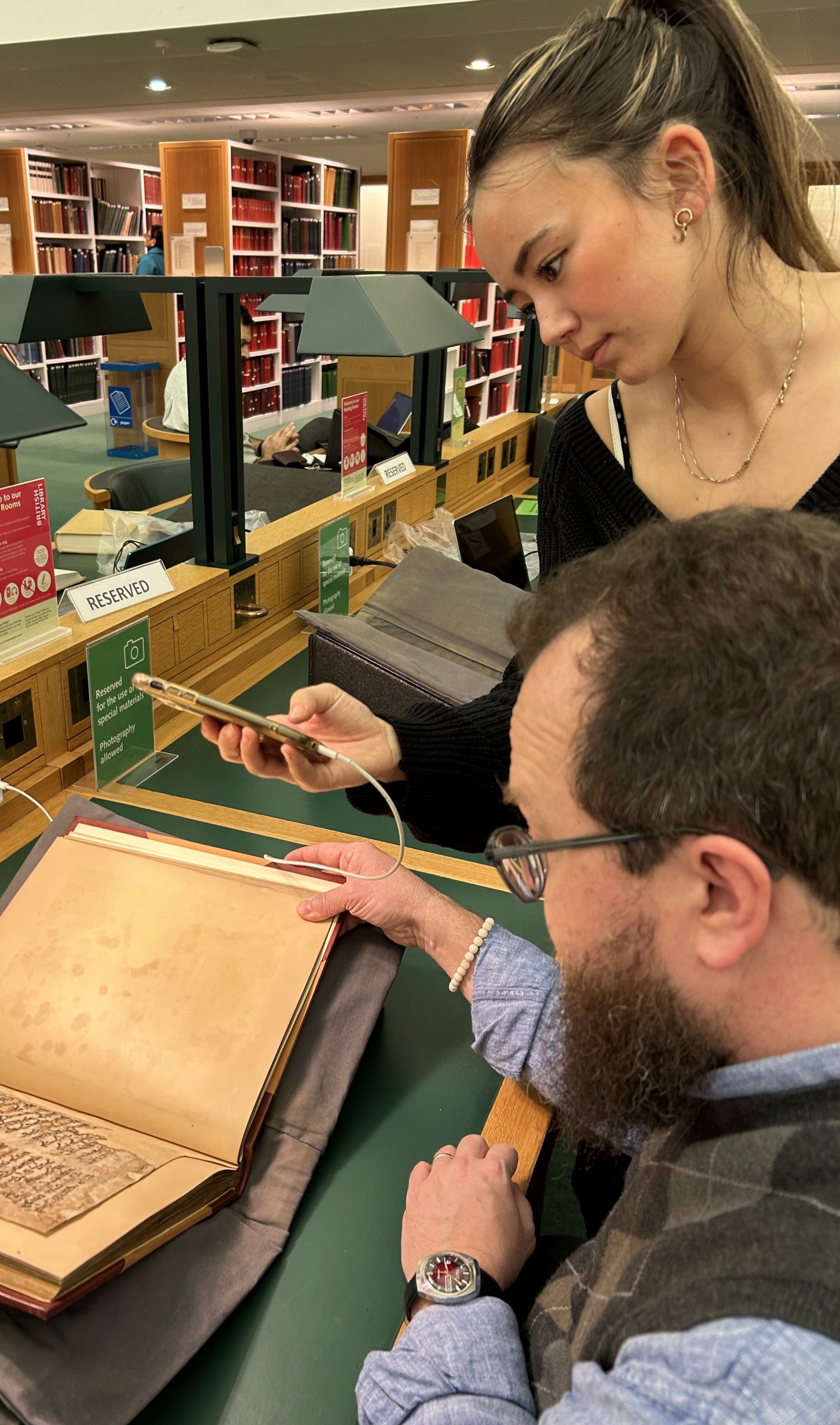Documenting community reactions to environmental disasters in the Huilo Huilo Biological Reserve of southern Chile. Employing GIS mapping to create an interactive digital story map of the Battle of Nashville fought during the Civil War. Improving accessibility of imaging AI by deploying a web-based face mask detection system that works directly in a cellphone’s web browser. These are all examples of immersion projects advised by professors who received a Provost’s Faculty Grant for Immersion Vanderbilt.
Grants were awarded to 66 professors across seven schools and colleges to advise a total of 470 students during spring and summer 2024. This represents an increase of more than 40 percent in the number of faculty and students supported compared to the previous year.
This program has a meaningful impact on student educational opportunities. Faculty recipients of these grants select their own cohorts of two or more students and guide students as they complete an immersive experience and/or culminating project for Immersion Vanderbilt.
“The support from the provost has been crucial in strengthening faculty-student partnerships, which enhance the student’s educational experience by exposing them to new opportunities and new ways of learning,” said Tiffiny Tung, vice provost for undergraduate education.
Grant recipients highlight the profound impact these immersive experiences have had on students.
Professor of Political Science Brooke Ackerly led a cohort of students as they engaged with the Grundy County Cancer Research Organization to recruit study participants and document and assess concerns from community members.
“This cohort provides a community-engaged experience in environmental justice,” Ackerly says, “allowing students to support local research initiatives and address community concerns through their final deliverables.”

The Divinity School’s David Michelson, associate professor of the history of Christianity, mentored seven undergraduate students as they cataloged medieval manuscripts from the Middle East and jointly authored an online database of Syriac manuscripts. With support from a Provost’s Faculty Grant for Immersion Vanderbilt, Michelson took his cohort to the British Library in London to consult the original manuscripts, culminating in a co-presentation of their research at Durham University that same week.
“At the British Library, I was able to see, touch and smell these ancient manuscripts,” said Haelee Kim, Class of 2025. “I was able to see the care that these monks put into the texts, and I marveled at the beautiful penmanship that you could only see in person. All of these things reinforced my passions for this project and its goals of documenting and preserving Syriac cultural heritages.”
“Meeting the scholars I’ve cited throughout my academic career was inspiring,” said Alexys Ahn, BA’24. “It broadened my perspective on what a future in academia could look like.”
A Provost’s Faculty Grant for Immersion Vanderbilt also provided support for University Distinguished Professor of Physics and Engineering Sokrates Pantelides as he advised students Matthew Lu and Demos Negash, both Class of 2025, on research involving quantum properties of materials.

Both students presented their research findings at the 2024 American Physical Society meeting in Minneapolis; Negash also presented at the Vanderbilt Undergraduate Research Fair. Both Lu and Negash experienced the thrill of using computers to solve equations of quantum mechanics to determine atomic-scale properties of materials and their macroscopic manifestations, enriching their understanding of how these fundamental concepts translate into real-world applications.
“My experience as part of the cohort has been significantly transformative in my personal, academic and professional growth,” Negash said. “I came into the group with a general interest in materials physics, which I believe has grown profoundly as I’ve accumulated more knowledge.”
Faculty are encouraged to apply for the Provost’s Faculty Grants for Immersion Vanderbilt, which allow students to collaborate with faculty on supporting a professor’s research or creative project, or to develop independent projects in the professor’s area of expertise.
The deadline for the application, accessible through REDCap, is Monday, Nov. 11 at 11:59 p.m. Faculty who have questions or need additional guidance may reach out to the senior director of Immersion Vanderbilt, Carolyn Roberts (carolyn.roberts@vanderbilt.edu).